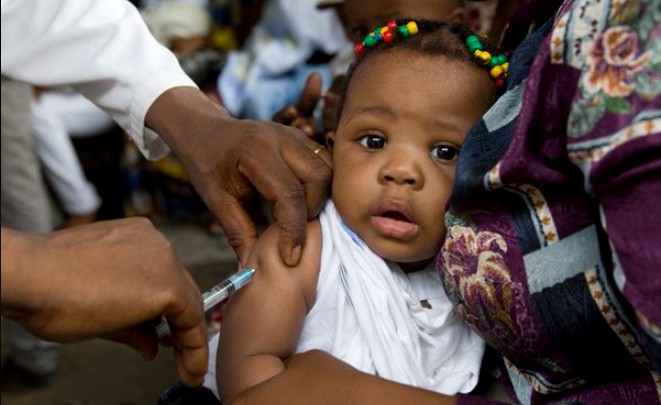Global fishing subsidy ban kicks in after Kenya, Brazil, Tonga and Vietnam ratify agreement

The deal, first adopted in 2022, became binding on Monday after Kenya, Brazil, Tonga, and Vietnam ratified it, raising the total approvals to 112—just over the two-thirds threshold of the WTO’s 166 members.
The World Trade Organisation’s (WTO) landmark agreement to curb overfishing came into effect on Monday, obliging member states to cut back subsidies that encourage unsustainable fishing.
The deal, first adopted in 2022, became binding after Kenya, Brazil, Tonga, and Vietnam ratified it on Monday. Their approvals brought the total to 112—just over the two-thirds threshold required from the WTO’s 166 members.
More To Read
- Over 60,000 African penguins died as sardines disappeared from South Africa’s waters, study finds
- Race against time as scientists urge immediate action on climate tipping points
- AfDB, AfCFTA and Africa50 sign MoU to unlock continent’s trade potential
- World trade to rebound in second half year but tariff pressures cast shadow - outlook
- Kenya’s fish export earnings drop to Sh5.97bn in first decline in four years
- WTO chief Okonjo-Iweala reinstated for second term as trade wars loom
Described as the WTO’s first environmental pact, the agreement targets subsidies that drive illegal fishing and the exploitation of already overfished waters.
Major players, including China, the United States and the European Union, have joined, though India and Indonesia have not.
"It's official: the WTO Agreement on #FisheriesSubsidies is now in force! At a special General Council meeting, Brazil, Kenya, Tonga & Vietnam accepted the Agreement, taking us over the two-thirds threshold. The first-ever WTO deal on environmental sustainability is here!" the WTO announced in a statement on X.
Support developing countries
Advocacy groups say the deal will help cut into the $22 billion in subsidies that push fleets to overfish and will also establish a fund to support developing countries. For now, only the first phase is active, covering subsidies linked to illegal fishing and depleted waters.
"Fish stocks around the world will have a chance to recover, befitting local fishers who depend on a healthy ocean," said Megan Jungwiwattanaporn of the Pew Charitable Trusts.
A second phase—aimed at restricting subsidies for shipbuilding and the expansion of large fleets—is still under negotiation.
Economists argue this step is vital, as subsidies that add more vessels make fishing cheaper and more attractive, further depleting global fish stocks. WTO officials hope the momentum from the first round of approvals will help advance talks on the second phase.
Currently, about 38 per cent of the world’s fish stocks are already overfished. Advocacy groups such as Oceana warn that the crisis has reached unprecedented levels.
While the WTO pact alone will not halt the decline, they stress it provides a critical framework for countries to strengthen efforts to protect oceans.
Top Stories Today














































